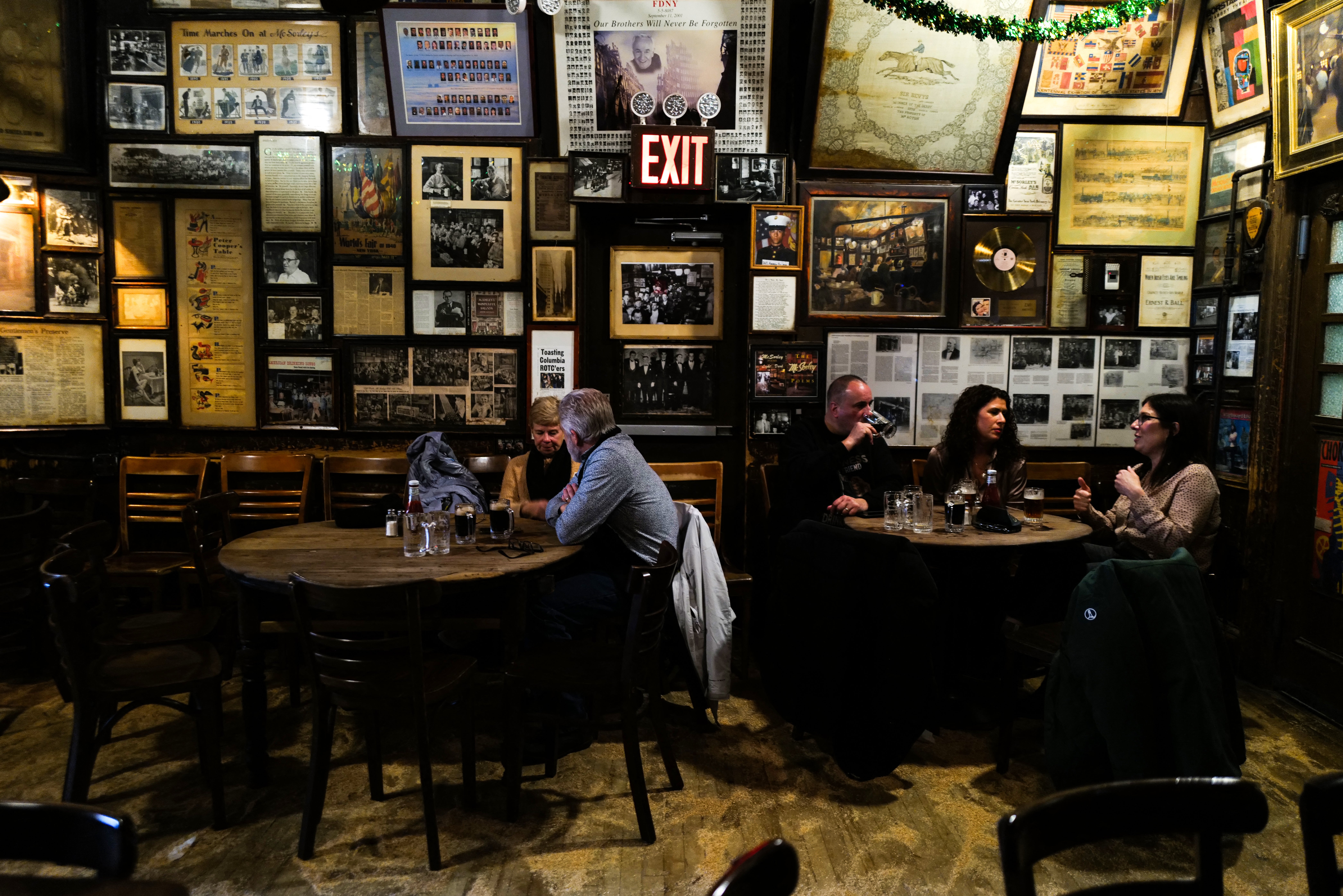A record low of U.S. adults say they drink alcohol, with many putting beer, wine and liquor aside due to fears over the health consequences of drinking, according to a new poll.
“It is becoming clear that, for whatever reasons, today’s younger generations are just less interested in alcohol and are more likely than older generations to see it as risky for their health and to participate in periods of abstinence like Dry January,” National Institute on Alcohol Abuse and Alcoholism George F. Koob previously said, according to Time.
In a new Gallup poll, only 54 percent of Americans said they drink alcohol, which is the lowest percentage point in the 90 years that Gallup has conducted the poll. Gallup has been tracking Americans' drinking preferences since 1939 - prohibition ended in 1933 - and has been asking specifically about their feelings about alcohol as it relates to health since 2001.
Between 1997 and 2023, at least 60 percent of American adults said they drank alcohol. That figure fell to 58 percent in 2024, and is down again this year.
Before its most recent poll, the rate of American drinkers has fallen below 60 percent only 10 times in the poll's history, with the lowest point being 55 percent in 1958.
At its highest, the poll recorded rates of 68 percent and 71 percent between the years 1974 and 1981, respectively.
The question Gallup asks is phrased as such: "Do you have occasion to use alcoholic beverages such as liquor, wine or beer, or are you a total abstainer?"
Part of the explanation for why fewer America ns are drinking at all may be recent research suggesting that there are health consequences for any amount of drinking — even if it's only in moderate amounts. A majority of those polled — 53 percent — said that drinking in moderation or having "one or two drinks a day" was bad for a person's health. That's the first time in the poll's history that a majority associated moderate alcohol use with negative health consequences.
Breaking it down by demographics, the trend away from drinking has been more notable in women, where the rate has fallen 11 percentage points since 2023 to 51 percent. The rate is down in men as well, but only by five percentage points, to 57 percent.
Drinking has fallen by approximately 11 points during that same period for non-Hispanic white adults, and has been fairly consistently around 50 percent for people of color, according to Gallup.
Younger people are also drinking less. The number of young people drinking fell from 59 percent in 2023 to just 50 percent this year.
“There was a time where drinking some alcohol was a badge of maturity and was sophisticated. But now, it's only one out of a whole range of ways that people can relax or show sophistication and so on,” AddsSybil Marsh, a physician specializing in family medicine and addiction, told Time.

While the use of marijuana is more prevalent today versus decades ago — thanks largely to legalization efforts and a reduction of the stigma associated with its use — Gallup did not find that Americans were turning to other mood-altering substances as a replacement for drinking.
Americans who do drink have reported drinking less overall. Only 24 percent of respondents said they'd had a drink in the last 24 hours when they took the poll — a record low for the Gallup survey. Another 40 percent said that it had been more than a week since their last drink, which is the highest percentage to say so since 2000.
When it comes to what people are drinking, beer is still the most popular drink for U.S. adults. Only 30 percent said they preferred liquor and 29 percent said wine. Men are far more likely to prefer beer — 52 percent vs 23 percent — while women by far prefer wine — 44 percent to 14 percent.
The gender gap is a lot closer for liquor, with 29 percent of men and 32 percent of women saying they prefer liquor.







